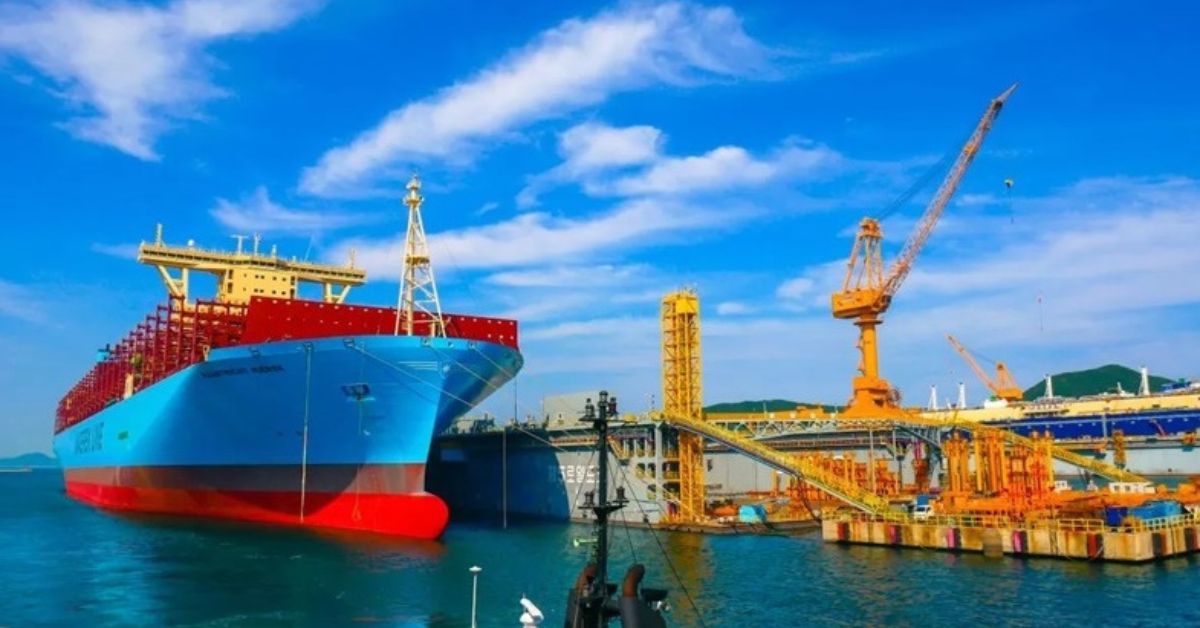This year, the government plans to invest 260 billion won to ensure that South Korea’s shipbuilding sector remains competitive. Compared to the previous year, this is a 40% increase. The Ministry of Trade, Industry, and Energy stated, “We will invest about 170 billion won in eco-friendly ships, about 70 billion won in the digital transformation of shipbuilding processes, and about 20 billion won in autonomous ships.” A first-round support project for new research and development (R&D) of roughly 20 billion won will be announced by the Ministry on the 12th as part of this strategy. The promotion of 17 new projects will highlight environmentally beneficial technologies such wind-assisted propulsion devices, electric propulsion ships, and ammonia-powered ships, as well as the creation of cooperative robots for process innovation and collaboration platforms between shipyards and partners.
The Ministry will also support the technological development of ammonia-powered ships. These ships, which emit no greenhouse gases, are being evaluated as the next food source to follow liquefied natural gas (LNG) vessels. The Ministry will newly support the development of key materials such as ammonia fuel injection systems, leakage detection and treatment systems, and exhaust gas after-treatment systems, and will also embark on the world’s first ammonia fuel supply vessel construction project.
Additionally, the Ministry will provide new support for the development of key materials for medium and large electric propulsion vessels, including high-voltage direct current systems, wing sails for vessels, and equipment for capturing and treating carbon dioxide on board. The Ministry will also actively support the digital transformation of processes that rely heavily on human labor. To this end, it will initiate the development of high-speed laser cutting systems, autonomous welding robots for ship block interiors, and collaborative robots for continuous welding of thick steel plates.
It will also support the development of digital production management and planning systems dedicated to shipbuilding partners and collaboration platforms between shipyards and partners. A Ministry official said, “Through this, we expect to enhance the productivity of shipyards, prevent safety accidents, and promote the intelligence of processes.”







